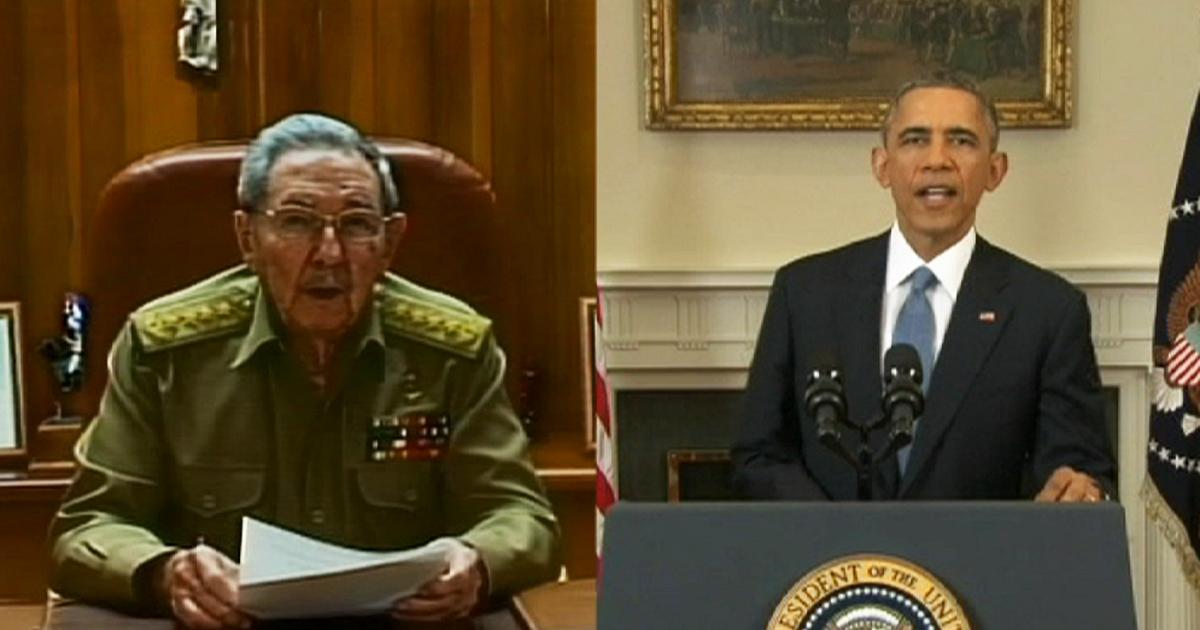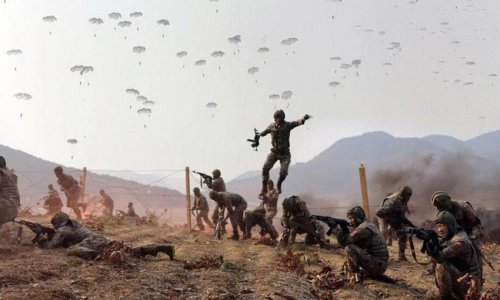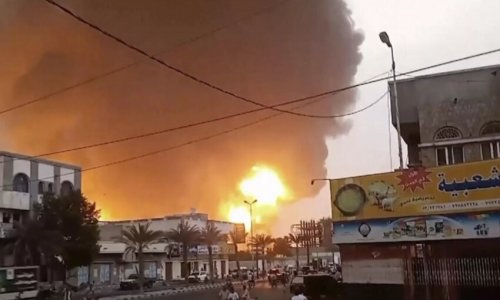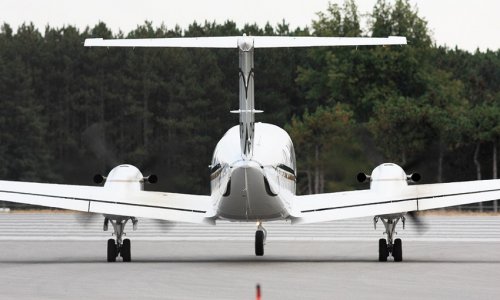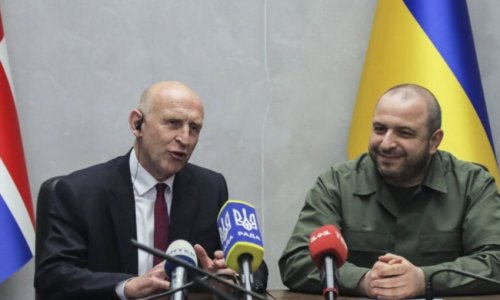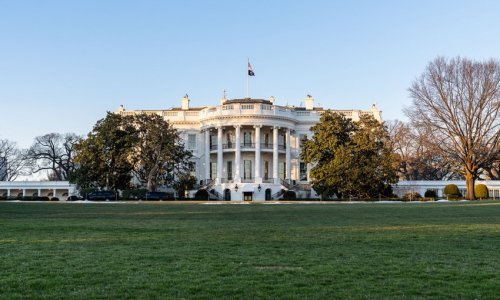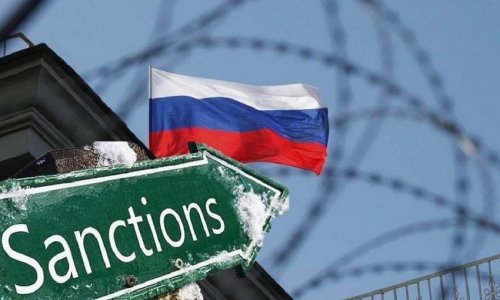Cuba was for years the "Red Menace" at the very gates of the U.S.A.
Relations across the Florida Straits turned so bad, that the two countries pushed the entire world to the brink of nuclear war.
Exploding cigars to blow up Cuba's rebel leader Fidel Castro or toxic potions to make his trademark beard fall out were just two of hundreds of shadowy CIA plots to thwart the Communist Revolution.
But the Cold War between the U.S. and Cuba will begin to seriously thaw this week after more than half a century.
President Barack Obama is sending the highest-level U.S. delegation in decades to the island this week in a controversial bid to "normalize" ties between the two former arch foes.
Spearheading the U.S. diplomatic mission, Roberta Jacobson, assistant secretary of state for Western Hemisphere affairs -- she deals with Latin America and Cuba.
Jacobson is scheduled to touch down in Havana this Wednesday.
By the time she arrives, her deputy, Alex Lee, will already be hard at work meeting Cuban officials at the state-run Conventions Palace.
Lee and his team are charged with discussing bilateral migration issues.
To make business easier, U.S. diplomatic sources tell CNN, the U.S and Cuban teams are separating the orders of business.
On Wednesday, Lee will discuss with Cuban officials including the number and types of visas the U.S. offers to Cubans wishing to visit or go live in the United States.
One of the reasons that is so important is that over the decades, thousands of Cubans have left the island either legally or covertly -- sometimes in perilous homemade boats or rafts.
On Thursday, Jacobson's team will meet a Cuban delegation led by her counterpart, Josefina Vidal, the director of the North American Division of Cuba's foreign relations ministry. Their role is to explore ways to launch normal diplomatic and commercial relations.
There is clearly a lot of work to be done.
President Dwight Eisenhower broke off relations with Cuba and shut down the embassy in January 1961.
Two years earlier, leftist rebels led by Fidel Castro and Che Guevara, among others, swept to power ousting Gen. Fulgencio Batista, the dictator backed by the U.S. government and by the U.S. mafia which ran lucrative prostitution and gambling rackets on the island.
Cuba progressively allied itself with the Soviet Union. In April 1961, Kennedy launched the botched Bay of Pigs Invasion.
And in 1962, as the Soviet Union deployed nuclear missiles to Cuba and pointed them at the U.S., the world lurched toward atomic Armageddon in what became known as the Cuban Missile Crisis.
Down the years, the Cuban government backed leftist and Communist regimes and uprisings in Latin America and Africa.
That earned the island a spot on a U.S. blacklist known as the "state sponsors of terrorism" -- a dubious classification it still shares with Syria, Sudan and Iran.
In later years Cuban-U.S. relations were marked by successive crises sparked by refugees trying to get out of Cuba and cross the Florida Straits in unseaworthy craft.
The meetings scheduled between the U.S. and Cuban delegations this week in Havana are likely to achieve "baby steps" on a much longer road to normalization, U.S. diplomats have told CNN.
One of the practical issues on the table will be the measures needed to convert the U.S. Interests Section -- one of the largest diplomatic missions in terms of staff on the island with more than 50 U.S. citizens, including 10 marines who act as guards -- into a full embassy. Cuba will be looking to do likewise with its mission in Washington.
The two sides are expected to discuss matters such as staffing numbers and the restriction currently placed on U.S. diplomats that forbids them traveling more than 25 miles from the interests section.
Secretary of State John Kerry has already begun his review about whether to remove Cuba from the state sponsors of terrorism list, U.S. diplomatic sources told CNN.
These discussions are the first since Obama last month announced two nations would move towards normalization of relations after decades of a U.S. embargo against the communist nation.
As part of that move, the U.S. relaxed some of the travel restrictions meaning more Americans can visit the island nation. That easing came into effect this weekend.
(CNN)
ANN.Az
Follow us !

